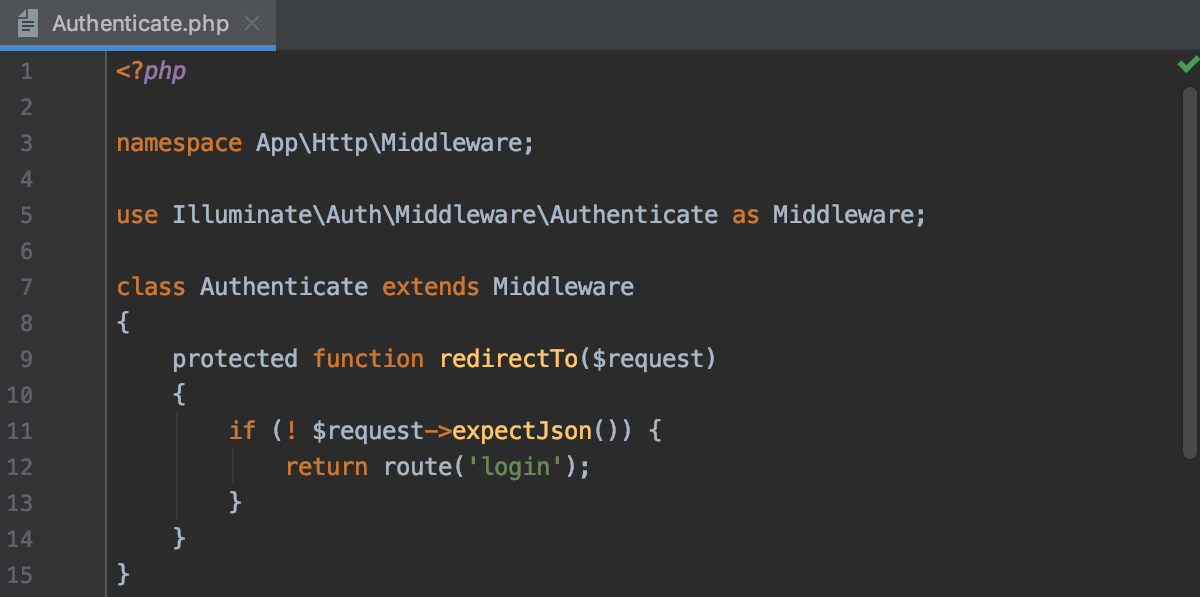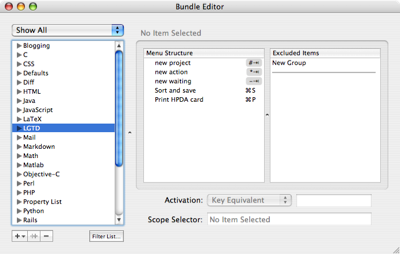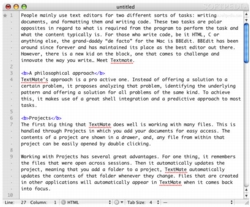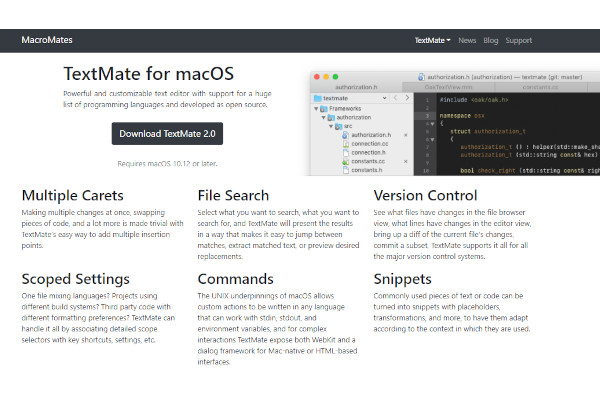
They are the ones that have become dominant. Just look at the market share of developer tools and IDEs/editors that don't use stock platform widgets. I'll adopt whatever definition you want "native" to mean for the discussion - and under your definition of native, I would say it's pretty clear that users of text editors and developer tools don't care much at all about "native"(your definition of using the platform provided widgets).

(Shortcuts on iOS is trying, but it's not on the Mac yet, and it gets pretty clunky if you start doing overly complicated automation bits with it.) I don't think we have a "modern" replacement yet - certainly not in the Apple ecosystem, and I'm not sure anywhere else. I actually think it's a shame that AppleScript has been kicked to the curb. You arguably can't script the AppleScript-intensive BBEdit to the same level that you could, say, Emacs or Vim, but imagine the possibilities of a suite of apps from different makers that all had complete scripting dictionaries that could all be woven together with a deep system-wide scripting language. Applications can provide "dictionaries" of commands that, when implemented well, provide GUI applications with the kind of "snap together for amazing effect" you get with shell scripts and a host of well-written CLI tools.


It’s almost similar to using a function in Excel to bring data from a range of cells into one block.TextMate never had AppleScript integration, AFAIK.Īlso, I'm not convinced we should ignore those "archaic" technologies, at least in the abstract. The Automerge feature assists in this regard, but you may need to play around with programming to get it right. The issue comes in when you have different lines of data that you want to merge into one line of code so you don’t waste time. It has multiple features that simplify coding, including syntax highlighting and folding, search/replace, multi-document editing, PCRE (Perl Compatible Regular Expression) auto-completion, zoom in and zoom out, macro recording and playback, WYSIWYG printing, bookmarks, and more. That it’s still around and millions of people download it speaks volumes for how useful the code editor is to have stood the test of time.

For that, you need a Text Editor, especially when working out how to use automerge on Notepad++. But code must be written in plain text and be able to handle many coding languages, like HTML, JavaScript, CSS, PHP, Python, and Ruby. Word processors offer different fonts, text colors, and other features to make your documents look good.


 0 kommentar(er)
0 kommentar(er)
